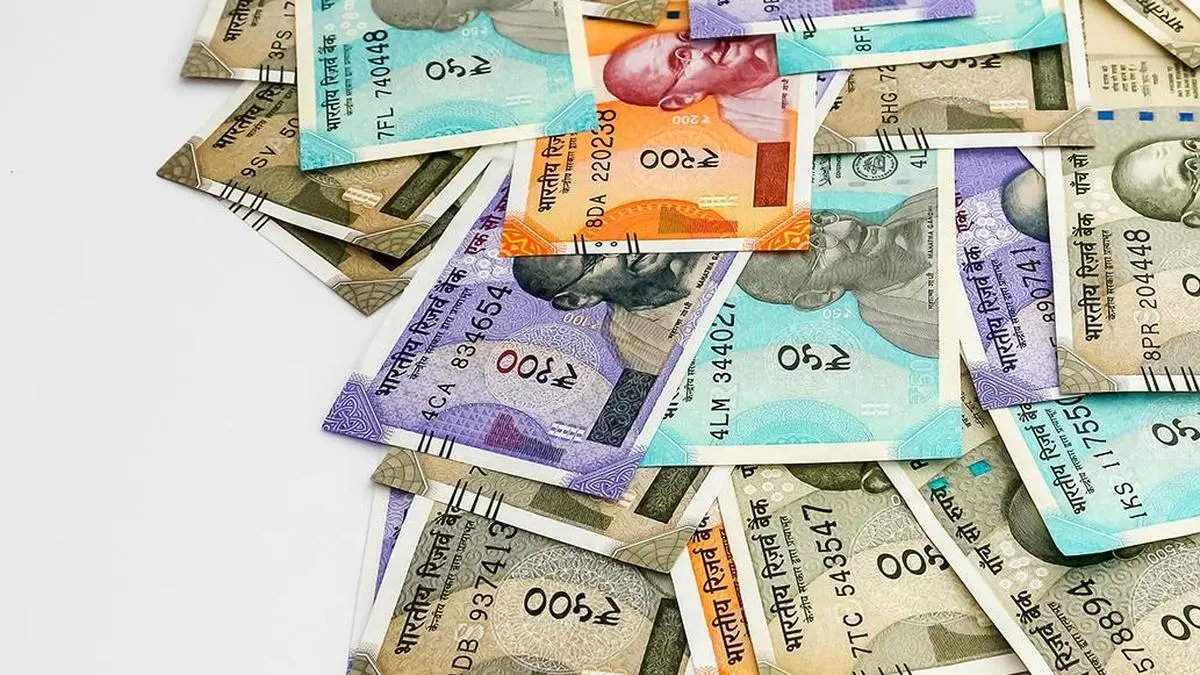India’s top 1% grew its wealth by 62% since 2000: G20 report

India’s richest 1 per cent expanded its wealth by 62 per cent between 2000 to 2023, according to a report commissioned by the South African Presidency of the G20.
India’s richest 1 per cent expanded its wealth by 62 per cent between 2000 to 2023, according to a report commissioned by the South African Presidency of the G20.
The study, led by Nobel laureate Joseph Stiglitz, warns that global inequality has reached “emergency” levels, threatening democracy, economic stability, and climate progress.
The G20 Extraordinary Committee of Independent Experts on Global Inequality, which includes economists Jayati Ghosh, Winnie Byanyima, and Imraan Valodia, found that the top 1 per cent globally captured 41 per cent of all new wealth created between 2000 and 2024, while the bottom half of humanity received just 1 per cent.
The report said the intercountry inequality, broadly measured, appears to have reduced because of the rise in per capita incomes in some very populous countries like China and India, which brought down the share of high-income countries in global GDP somewhat.
The report said that between 2000 and 2023, the richest 1 per cent increased their share of the wealth in over half of all countries, which contain 74 per cent of the global.
“In India, the top 1 per cent have grown their share of wealth by 62% over this period (2000-2023); this figure is 54 per cent in China,” the report said.
“Extreme inequality is a choice. It is not inevitable and can be reversed with political will. This can be greatly facilitated by global coordination, and in this regard, the G20 has a critical role,” it said.
The report proposes the creation of an International Panel on Inequality (IPI), modelled on the Intergovernmental Panel on Climate Change (IPCC), to monitor global trends and guide policymaking.
The body, to be launched under the South African G20 Presidency, would provide governments with “authoritative and accessible” data on inequality and its drivers.
Countries with high inequality are seven times more likely to experience democratic decline than more equal countries, the report said.
“Since 2020, global poverty reduction has slowed almost to a halt and reversed in some regions. 2.3 billion people face moderate or severe food insecurity, up by 335 million since 2019,” the report said.
Published on November 4, 2025



